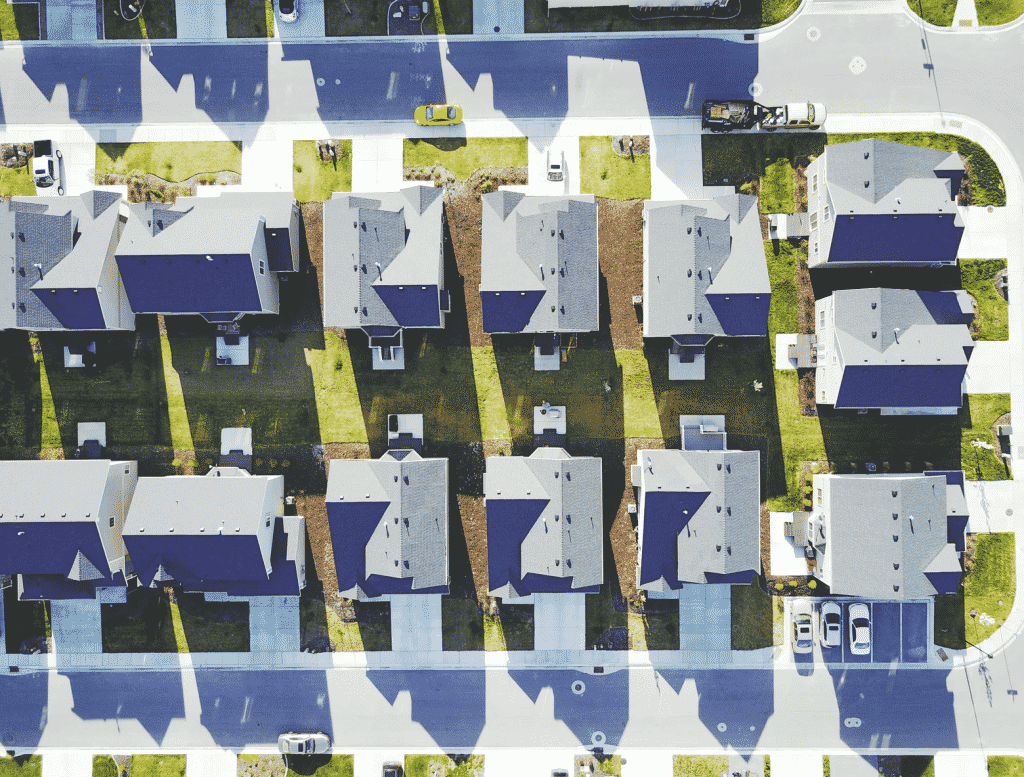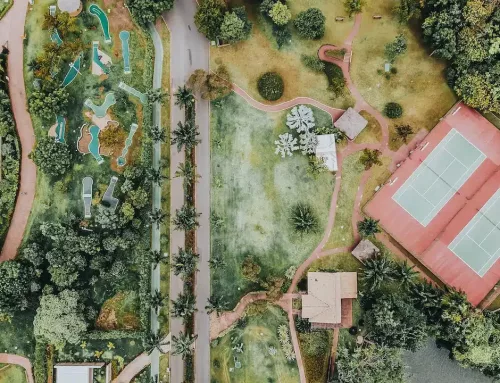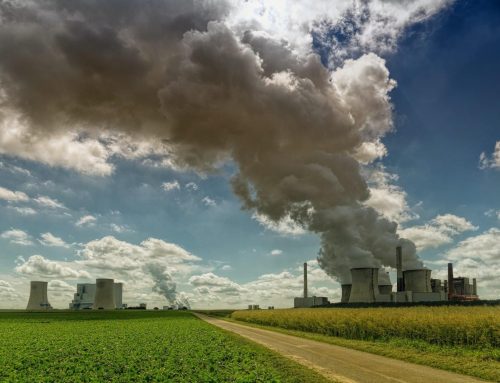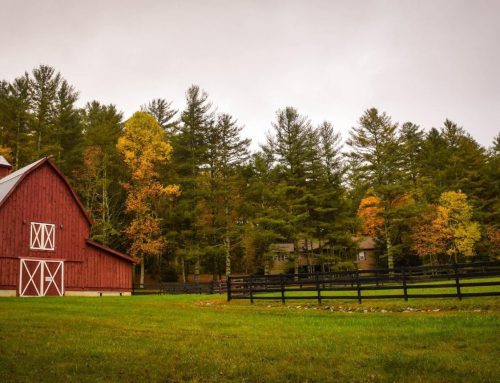There are 1.9 billion acres of currently owned and available land in the contiguous United States.
Trying to place a dollar amount on the value of 1.9 billion acres of contiguous American land is virtually impossible. After all, “value” is a relative term. Placing a dollar amount on something of value requires considering many related factors, especially the real estate market’s current dictates.
However, one economist theorized that the totality of available land in the United States might have a $23 trillion market value. Relative to that estimate, each acre of American land has a rough value of $12,000.
However, a rough theoretical estimate has no value in the real world of real estate economics. And this little thought experiment was presented to you to help you think about what must be considered before making an offer to purchase land.
Relative to market conditions and supply and demand, an acre of land in the cheapest cost-of-living state is probably worth about $2,000 per acre.
And if you wanted to buy land in a state with a high cost-of-living, an acre of land would probably be worth $2 million per acre.
For context, one acre of land in Wyoming is worth about $1,560 per acre. Meanwhile, one acre of land in New Jersey is worth about $196,400 per acre.
If you were going to buy land in Wyoming, New Jersey, or any other state in between, would you know what you were getting?
Buying land and buying a house is not the same process. And if you are buying land to build a home, you ask for a lot of headaches if you don’t know what you are doing.
If you need help to understand the contractual obligations involved in purchasing land, contact Millman National Land Services today.
Don’t try to make such a financially consequential decision on your own.
Now here is what you must know before making an offer to purchase
land.
Related – Land Survey vs. Plot Plan: Which is Right For You?
What Should I Check Before Buying Land?
Buying a dream home is a primary goal for most people. It’s a life-changing process that involves a lot of attention to detail.
So, before you begin thinking about purchasing land, here are some questions that you should run through:
- Do you want to own the land so you can build on it?
- How much land do you want?
- How big is the property going to be?
These few simple questions can help lay a foundation for your land ownership. However, make sure that the option you choose is in line with your financial budget. Once the foundation is laid, it’s time to look at some other things that could impact your land purchase.
Do You Need Zoning Permits?
Depending on the state or community you live in, some areas may not allow the building of residential or recreational properties. Some may feel that it could disrupt the dynamic or the neighborhood.
However, if you want to check to see if the lot is buildable, contact your local Planning and Zoning department directly. They’ll be able to give you the necessary information about the area and let you know what permissions are required to build on the land.
Are There Utilities?
Utilities will always be a cause for concern because they can take up a big chunk of money. That’s why it’s essential to know about the surrounding area before purchasing land.
The land’s location will determine if the potential property will need either a sewer or a septic system. It will also influence if the property will use a well or city water. Again, make sure that the land that you want to build on fits within your budget so you can mitigate utility costs.
How Much are Property Taxes?
Another deciding factor for purchasing land is property taxes. Once you buy the land, you’ll be responsible for paying taxes on it, even if you decide not to build anything.
Property taxes can range from single dollar amounts to the thousands, depending on where the land is and its size. Ensure that you’re paying the taxes on time because defaulting on your payments will allow the county to auction your land to another buyer.
Property Access
The land location will determine how the property is accessed. That means that it could entail you trespassing on someone else’s land to access yours. There may also be no access to main roads, which could be detrimental in an emergency.
Before buying land, ask the seller for the address or coordinates of the property if there is none.
That way, you can view the property online and verify it in person to see if you’re getting the land you want.
Effects of Nature
Nature can have a significant impact on property costs and interest. The land you’re interested in could be in an area that’s the habitat of some animals, or some trees could obstruct a potential hotspot for your build.
This can make it difficult to purchase land because you may need specific permissions to remove the wildlife. However, it doesn’t have to be all bad.
You can use nature to create events around your property if it’s for recreational purposes. Or, if you’re building a home, see if you can adjust a few things in the site plan to keep some foliage around you to have an aesthetically pleasing house.
You’ll Probably Own the Land Under a House You Buy (Probably)
Before you negotiate an offer to buy land, you could buy a house instead. In most circumstances, you own the land under and around the house you buy relative to the home sale contract stipulations.
Even a fancy Latin principle explains this concept: “For whoever owns the soil, it is theirs up to heaven and down to hell.” (Neat, huh?)
However, just because you buy a house does not necessarily mean you automatically own the land under it.
Depending on your state of residence, the home seller may be able to withhold information from you in the contract legally deceptively.
In 2014, a Tampa Bay Florida residential home construction company sold the land rights to 2,500 homes it constructed a nearby energy company. And the company hid this information in complicated legalese in the contracts.
So, anyone who bought a home from this company had to forfeit any rights to the land underneath their house. And all 2,500 homeowners had to allow an energy company to seize any valuable energy commodity found under their homes at any time in perpetuity.
If you can get cheated like this buying a home, what can go wrong when buying land?
Related – What Is The Purpose of Zoning?
You Don’t Know if You Own Land You Purchase
If you decide to buy land, you need to hire consultants and professionals to carefully read the contract.
What you don’t know or understand in a land purchase contract relative to disclosures can cost you dearly in the long-term. Remember, every state has its legal dictates allowing home sellers to keep information from you.
However, when it comes to land sales, the person selling the land to you may not even know who truly owns the property.
An unknown party could wholly or partially own the land you are purchasing. Or an unknown party could have made past or current claims to the land you are buying unbeknownst to you.
The land you buy may feature overlapping boundaries with your neighbors. So, even your neighbors could lay claim to portions of your land in the future.
The land and areas under your land (yes, this is a real thing) could be owned or claimed by someone else. Or a wealthy corporation could own or try to lay claim to the land you buy.
You and the person selling the land may be honestly unaware of such issues. However, that fact won’t save you from years or decades of severe financial and legal headaches.
You can search the public record and pay for a title report to learn preliminary ownership information and if anyone has a legal claim to the land you are buying.
It also helps to do some public records research if you learn the land you are buying has liens against it, unpaid property taxes, or was bequeathed as a gift in a will.
You Can Buy Land to Save Money on Home Building (Probably)
The average cost of a new home in the United States is $330,000. However, it is cheaper to buy some land and then build your own home on that land.
At the low-end spectrum, it can cost you $150,000 to build your own home.
Still, there are so many related construction costs that come with building a home on land you purchased.
It can cost up to $21,000 to pour the concrete to form the foundation for your home. And then it will cost thousands to dig the hole before you even begin pouring concrete.
Setting up any heating, ventilation, and air conditioning systems in your home could cost $34,000.
Then you must consider how much money it will cost to set up your home’s electrical and plumbing systems.
Where is this land that you are purchasing located precisely? If your land is located far from any municipal, state, or federal infrastructure systems, like any sewer or water lines, then you will have to pay to hook them up.
You may have to pay to have a septic tank system installed on your land.
Also, just because you bought some land doesn’t mean that you get to connect to local utilities automatically. To connect to local utilities and pay taxes, you will have to go to a local affiliated office and sign bureaucratic paperwork.
Consult Professionals Before Buying Land
Before you buy land, consult with a lawyer, real estate, and zoning law professionals.
Consider hiring a topographic surveyor to confirm the legal boundaries of your land as well.
Contact the professionals at Millman National Land Services if you need help purchasing land.
Related – Everything About Zoning Variance and Change









